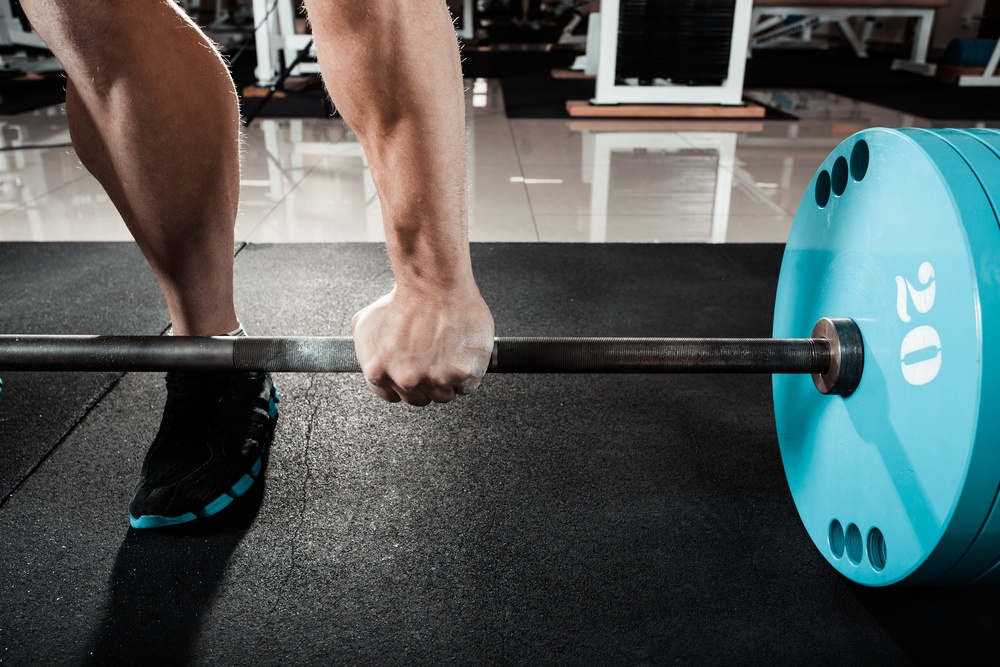Key Takeaways
• Short, safe challenges can shift how hard exercise feels.
• A cold-water hand dunk before biking made effort feel easier.
• This method is called stress calibration and it changes perception.
• You can use quick warm-up tasks to make workouts more enjoyable.
Stress Calibration: A New Way to See Effort
When you lift weights or bike uphill, your body sends signals to your brain. Then your brain mixes those signals with your past, goals, and mood. This mix shapes how hard you think the exercise is. Stress calibration is the idea that you can adjust this mix. In one study, a few minutes of cold stress made a later workout feel more doable.
Why Many New Exercisers Quit
Often, people new to exercise stop because they feel pain as a warning. They see sweat and muscle burn as signs to quit. However, the same signals can also feel rewarding and pleasant. So, it is all in how the brain reads them. If your mind views discomfort as a threat, motivation drops. But if it views the same effort as a challenge, you keep going.
How a Cold Dunk Made a Difference
Researchers worked with adults who did not exercise much. Each person did two bike rides with rising intensity over six minutes. On one day, they first dunked a hand in ice-cold water for up to three minutes. On another day, they skipped the dunk. Then they rated their pain, pleasure, energy, and control. Surprisingly, when people did the ice dunk first, they felt less pain and more pleasure during the hardest part of the ride.
How Stress Calibration Works
First, the cold water triggers a quick biological reset. Your body turns on a natural pain-dimming system. This makes other pains feel weaker for a short time.
Second, the cold stress gives you a tiny flood of stress chemicals. Your heart rate and blood pressure rise. As this surge fades, you jump into exercise without feeling shocked. It is like a short psychological warm-up.
Third, beating that cold challenge boosts your mindset. You think, “I can handle this.” This feeling of control recalibrates your brain’s view of discomfort. After that, the real workout feels less threatening.
Stress Calibration in Daily Workouts
You do not need an ice bucket to use stress calibration. For example, you can add a brief uphill sprint before your run. Or you might do a quick set of jump squats before lifting weights. Even a short burst of fast rope jumps can work. These small efforts act like the cold dunk. They prime your body and mind. Then the main session feels easier and more rewarding.
Tips for Safe Stress Calibration
• Keep it short. Two minutes or less is enough.
• Stay within your limits. Don’t push so hard you get injured.
• Do it when you feel ready. Avoid adding stress on already tough days.
• Track your feelings. Rate pain, pleasure, and control to see progress.
Building Lasting Resilience
Over time, each small win becomes proof that effort leads to growth. You learn that hard moments pass and leave you stronger. This mindset shift can keep you motivated for the long term. In this way, stress calibration turns workouts into a training ground for both body and mind.
Frequently Asked Questions
What exactly is stress calibration?
Stress calibration means using a short, safe challenge to reset how your brain sees effort. It makes tough exercise feel easier and more pleasant.
Can anyone try stress calibration at home?
Yes. You can add brief, intense moves before your main workout. Always pick exercises that match your fitness level and stay within your comfort zone.
How long should the initial challenge last?
Keep it under two minutes. The goal is a quick, manageable burst that primes your nervous system without overtaxing it.
Will stress calibration help with all types of exercise?
Stress calibration works best for activities that you find hard or new. It can boost your mood and pain tolerance across many workouts.
